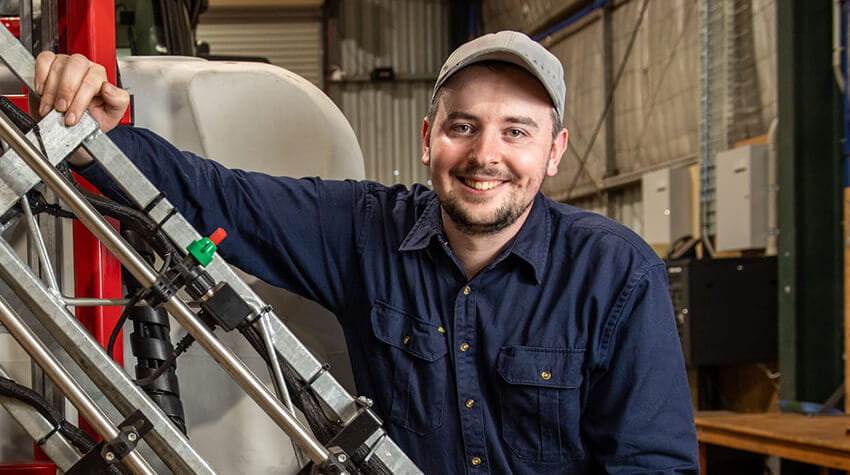What is engineering?
As far as questions go, it sounds relatively straightforward, right? What is engineering? Well, simply put, engineering is a field of study that employs a combination of science and mathematics principles to assist in the design, development, testing and creation of innovative technologies and solutions to address real-world problems. Now this of course, is an extremely broad definition. In reality, there are so many types of engineering on offer, and this definition could be expanded on again and again. So where do you start if you’re interested in pursuing a career in engineering? What’s the best way to understand the different types of engineering and discover what specialisation is right for you? Read on to find the answers to some of the commonly asked questions about engineering study.
Is engineering hard?
Engineering - it’s a study area often thought of as being one of the more challenging to purse. So, is this true? Is civil engineering hard? Is mechanical engineering hard? ...Are all branches of engineering in general hard? The answer to all these questions is...yes! But wait! Before you go thinking that a career in engineering is unattainable, keep the following in mind.
Your strengths and weaknesses are unique to you. Someone else’s ‘hard’ may not necessarily be ‘hard’ for you, and vice versa. At the end of the day, it does not matter what study area you pursue, there will always be moments and concepts during your study journey that you find difficult. As the saying goes, ‘if it were easy, everyone would do it’!
If you do find yourself needing assistance at any time, it’s important to remember that you won’t be alone on your study journey. At UniSQ, you’ll have access to tailored support all throughout your degree. And no matter your study mode, whether it be online, on-campus, full-time or part-time, you’ll experience the same support as everyone else. We have many student support options available, as well as lots of advice for first year uni students on how to study at university.
What kind of engineering should I do?
With so many types of engineering on offer, it’s understandable you would be wondering what engineering discipline to pursue.
At UniSQ, we offer a wider range of engineering disciplines, including:
- Agricultural Engineering
- Civil Engineering
- Computer Systems and Automation Engineering
- Electrical, Electronic and Power Engineering
- Engineering Management
- Mechanical and Mechatronic Engineering
- Mining Engineering
- Structural Engineering.
That’s a lot of options, we know! The good news is that if you are feeling a bit unsure about which specific field to pursue, most of our undergraduate engineering degrees actually incorporate the same core courses, which you will complete during the first year (or part-time equivalent) of your degree. During this time you will delve into the various types of engineering available and gain an understanding of what each entail. And at any time, if you happen to realise that you would be better suited to another field of engineering, you can simply switch your major.
What are the different types of engineering?
With so many specialisation areas available, there are obviously many types of engineers in Australia. When considering what type of engineer you want to be it’s important to consider a few things. Where do your interests lie? Do you like working with computers? Do you prefer being outdoors and working with your hands? Would any of your existing skills complement a particular field of engineering? Answering these questions will help you narrow the field of choices and find the perfect fit for you. It’s also important to think about practicalities such as salary and career progression opportunities. Some engineering fields may currently have more demand for skilled workers. And some fields may offer increased opportunities to pursue more lucrative roles.




